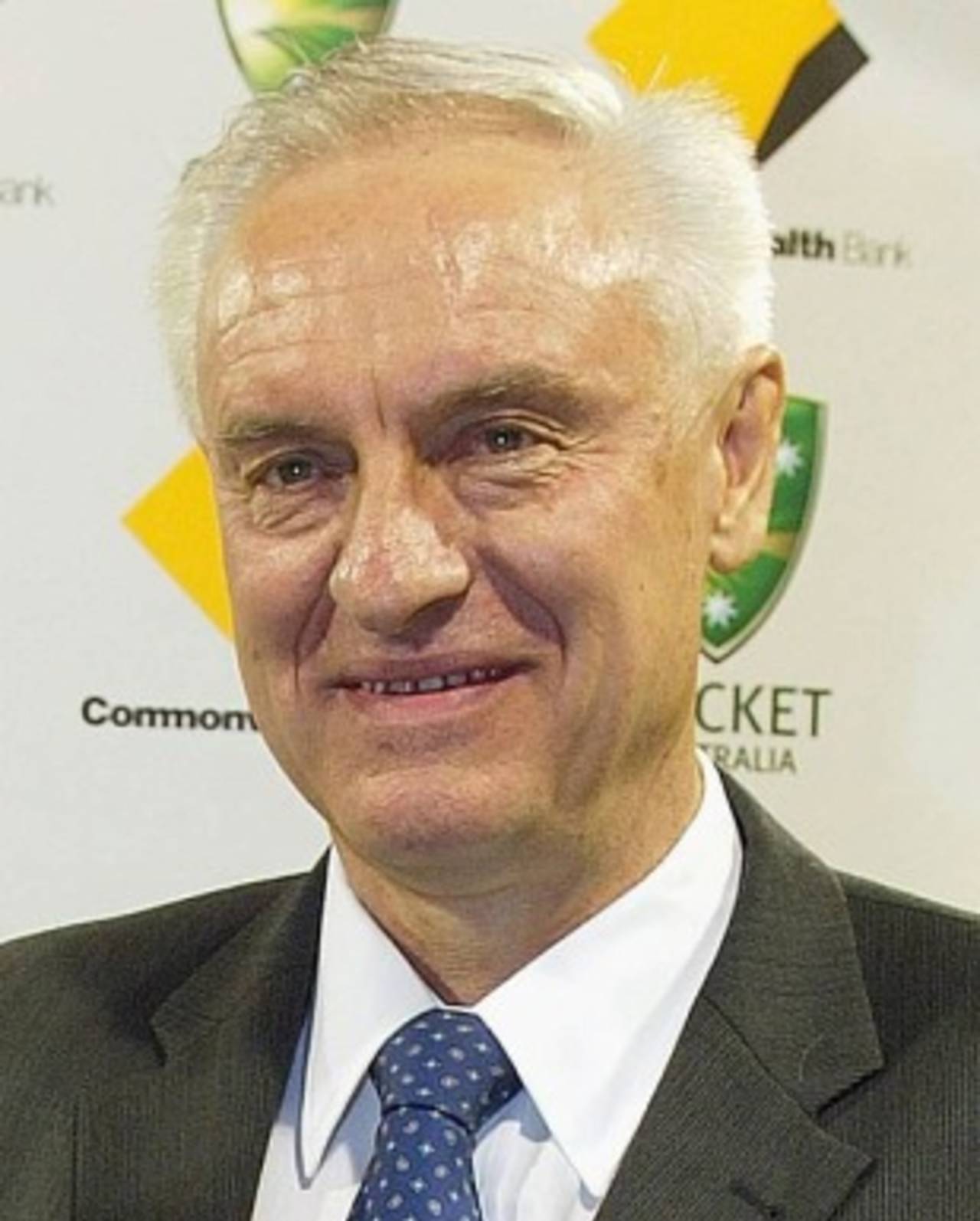Read parts one and two of the Crawford and Carter Governance review here Australian cricket's governance is to be revolutionised, with each of Australian cricket's state associations to be asked to approve a reformed and reduced Cricket Australia board structure that removes a century-old imbalance of power to afford equal rights to each of the states.
Wally Edwards, CA's recently appointed chairman, described the looming changes as "the most sweeping in CA's 105-year history".
"We've been trying to do this for a number of years, since I've been on the board I think this is our fourth attempt," Edwards said. "Every other attempt has stumbled on the one-vote scenario, but this time to their credit, Victoria, NSW and South Australia have said they're happy to give it up.
"The bartering between states that used to exist, I've been on the board 15 years and when I first joined the board it was a very, very state-based argumentative board, based on state issues. I would say for the last six-seven years that dynamic has disappeared and that the board has been pretty well running as we'd like it to run.
"Good decisions are being made and we're not in crisis as much, we don't need to do this change but everyone recognises that it is the right way forward for the next 100 years."
Under the terms recommended to the board by David Crawford and Colin Carter's governance review, the number of directors would be reduced to nine from the present 14. Each of the six states would have no less than one residing director, though appointees would not be permitted to hold any position with a state association.
"That was a debated point of course," Edwards said. "The Crawford-Carter report did discuss the subject, they said we can understand why you might legislate to have one from each state but they preferred to have it open slather and if 10 or nine came from one state then so be it.
"But the board felt that in due deference to where we are now from where we've been going for 100 years that all states have an association and a management structure, and it was felt because cricket is all over Australia that it was a worthwhile addition to our by-laws to be able to say there will be one residing in each state.
"They would just be residing in that state, they wouldn't be on their state boards, and they could be a high-powered businessman who had never been near the WACA ground."
Directors would be chosen on the basis of their relevant skills, and Crawford and Carter's report suggested that CA's chief executive, currently James Sutherland, should be elevated to assume a director's berth on the board. This means Sutherland will be open to having his tenure terminated by the vote of the states.
"As the 10th voting director, it puts the board and management a little closer together, as a director he takes on a lot of the director responsibilities. They [Crawford and Carter] felt it is the best practice in the modern world," Edwards said.
The present structure hands the bulk of board authority to the three "foundation" states New South Wales, Victoria and South Australia, each with three directors. Queensland and Western Australia have two, and Tasmania one.
Each state will now be required to vote on the measures, and their approval is not a foregone conclusion. In their report, Carter and Crawford noted "a strong, but not unanimous, mood for change throughout Australian cricket".
For his part, Edwards said he was confident the changes would be ratified by the minimum 11-3 majority among the current 14 votes spread around the states, setting in motion their implementation by June 2012. From there the change of board composition would be transitional, with six state-appointed directors serving out their terms over time as a rotation process ultimately has all directors chosen by a nominations committee comprising two state association chairmen, the CA board chairman and one other figure.
"Of the 14 votes, 11 have to be cast in favour of the change. These are decisions to be taken by state association boards, so we can't pre-judge that," Edwards said. "I'm confident, I believe the will is there. The fact that Victoria, NSW, SA have given up a vote, you can read that is a pretty strong affirmation."
According to a CA statement, the states will be required to respond to the recommendations ahead of a CA board meeting on February 27, which will "consider any constitutional amendments arising from the collective State Associations' response to today's governance review report and put that amendment to a specially-convened meeting of CA members as soon as possible after that".
Crawford, the chairman of Foster's, and Carter, president of the Geelong AFL club, have a history of advocating governance reform in Australian sport. Crawford was the author of the reports that led to the creation of the AFL Commission and more recently the formation of Football Federation Australia.
Daniel Brettig is an assistant editor at ESPNcricinfo
